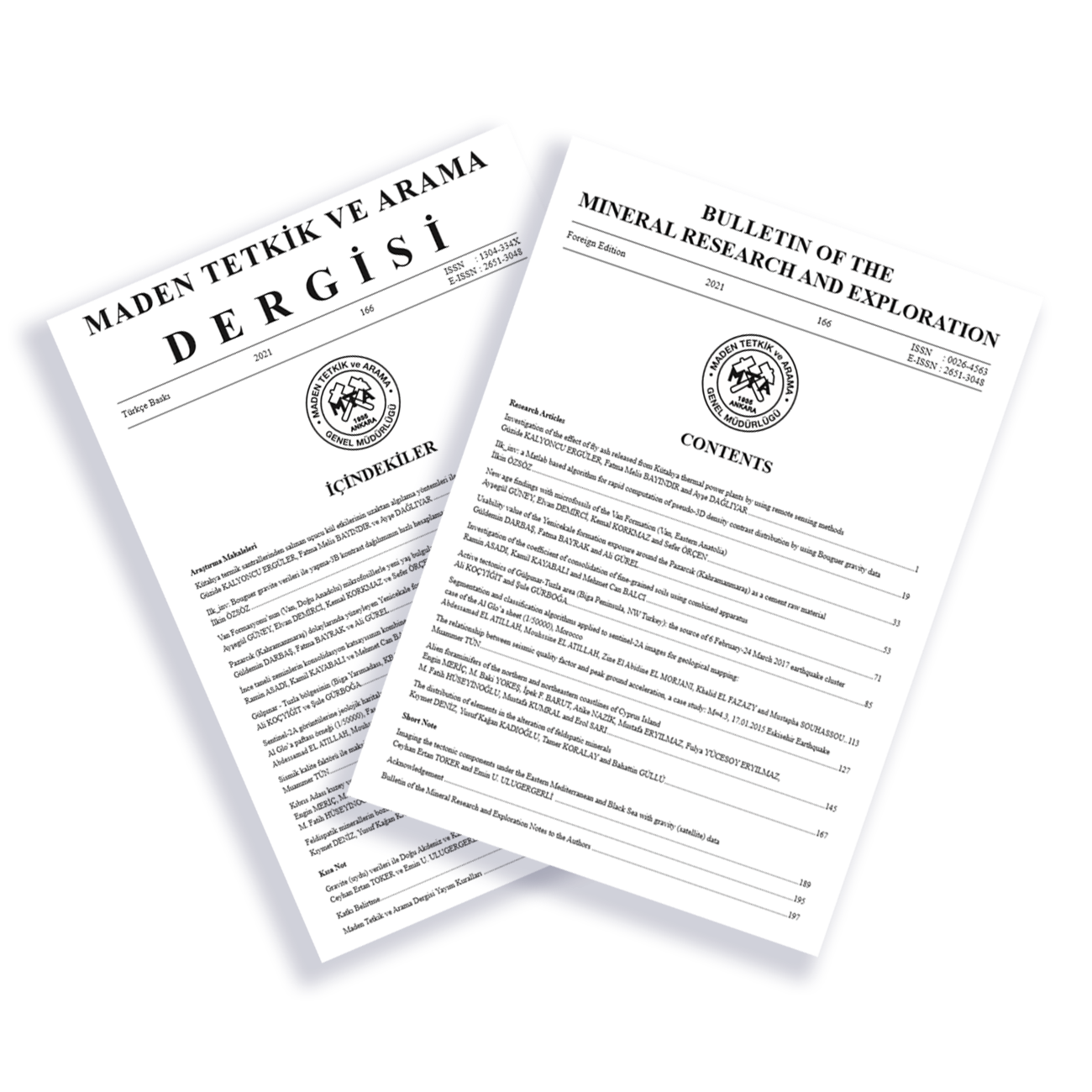Details
Assessing groundwater quality in semi-arid conditions: a geographic information systems-integrated approach using water quality index
Yarı kurak koşullarda yeraltı suyu kalitesinin değerlendirilmesi: Su kalite indeksi kullanılarak coğrafi bilgi sistemleri ile entegre bir yaklaşım
Indexed In
Volume 174 / August 2024Authors
Rihab CHOUGAR, Fethi BAALI, Riheb HADJI, Lassad GHRIEB, Amor HAMAD, Younes HAMEDKeywords
Freshwater Demands, Water Quality Index WQI, Aquifer, Hydrogeological Processes, Chemical Parameters.Abstract
Meeting freshwater demands in water-scarce regions is imperative, given challenges like hydric stress, urbanization, aridity, and population growth. This study focuses on the Tebessa aquifer system, a critical water source facing escalating demands. A primary objective is to identify actionable management strategies to improve groundwater quality dynamics in semi-arid regions. The methodology involves a comprehensive assessment of groundwater health using the Water Quality Index (WQI) approach. This method integrates diverse parameters influenced by intensive agricultural and industrial activities. Additionally, spatial relationship analysis, facilitated by Geographic Information System (GIS) technology, is employed to gain insights into complex hydrogeological processes. The multi-parameter strategy implemented results in water quality maps that highlight various ions, revealing spatial disparities and assigning quality priority classes from ‘Good’ to ‘Poor’ across the groundwater. The research, conducted in the semi-arid Tebessa-Morsott Plain, encompasses field and laboratory investigations to delineate hydrochemical traits, including alkalinity, salinity, and heightened ion concentrations. The results of the study contribute to scientific understanding by uncovering interrelationships and spatial intricacies, offering valuable insights for water resource governance. The effectiveness of the methodology, incorporating WQI and GIS, is demonstrated in the comprehensive evaluation of groundwater quality. Ultimately, this research provides a foundation for informed decision-making and sustainable management of groundwater resources in semi-arid regions.
Click for .pdf Türkçe .pdf için tıklayınız
